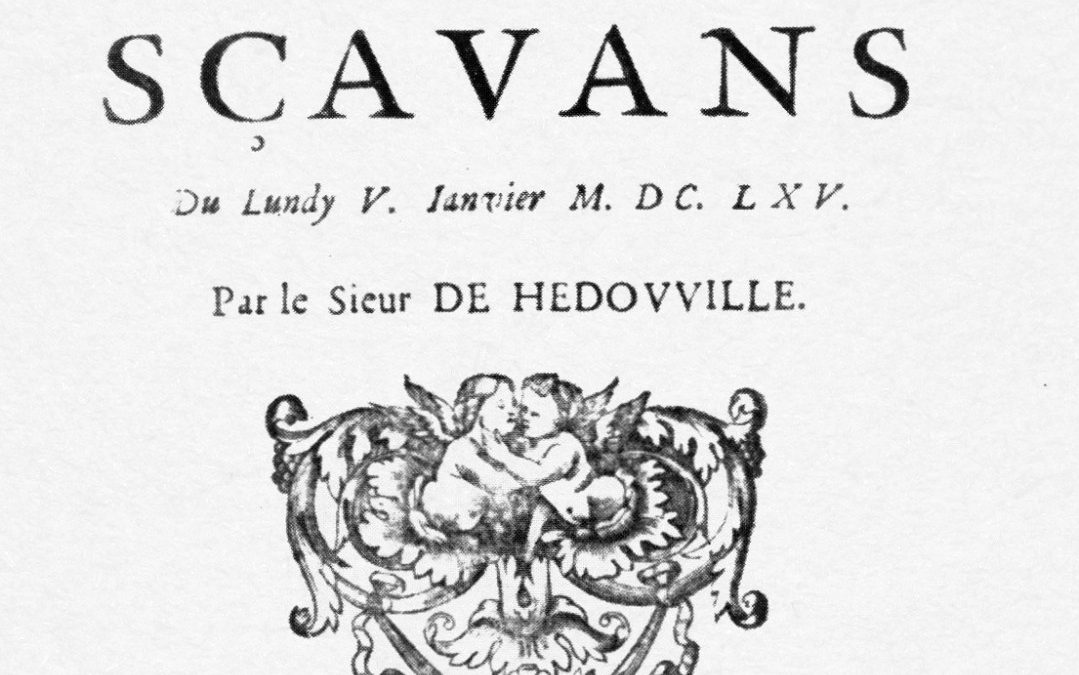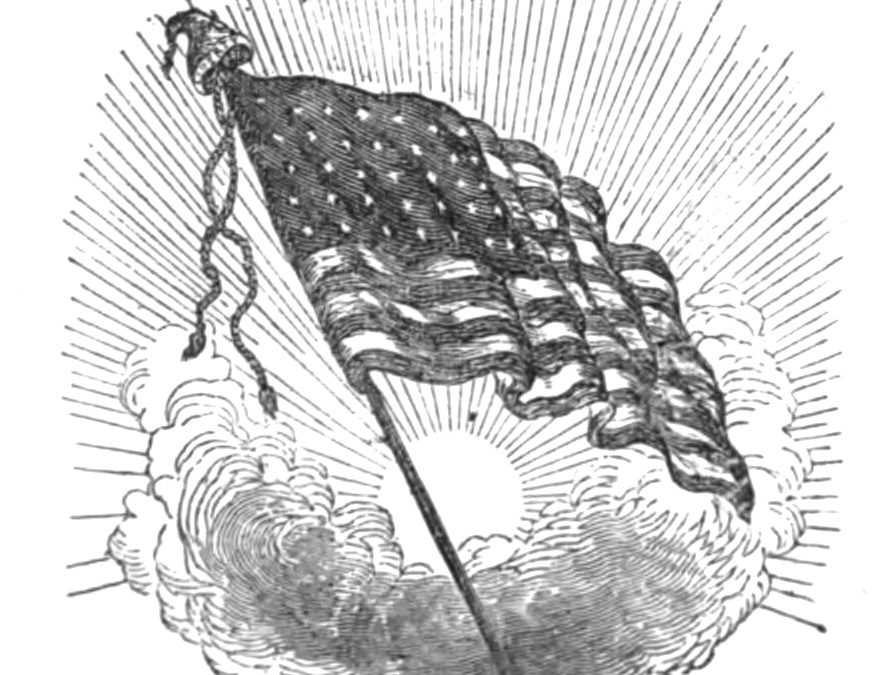
by Richard Subber | Aug 20, 2024 | Book reviews, Books, Books Commentary, Joys of reading
It all got started in 1665…
A book review is something of value.
At least, it tells you something about a book you haven’t read.
Let’s be candid: if you don’t know anything about the book reviewer, the value—not necessarily the quality—of the review is diminished. (I’d love to have an encyclopedia of the multiple reviews of reviewers who do it for a living.)
Book reviews aren’t as old as the hills.
In 1665 the Journal des Sçavans in Paris was a precursor of published book reviews, with non-opinionated summaries focused principally on publications dealing with biology and technology.
What we think of as book reviews can be dated to the 18th century, when magazines (also a new publishing concept at that time) began offering essays about books. An increasing number of books were being published in that era, and this created an audience for the reviews.
The words “book review” made it into print as early as 1861. Harvard professor Jill Lepore notes that “In the 19th century, an age of factories and suffrage, literacy rates increased, the price of books fell, and magazines were cheaper still. A democracy of readers rose up against an aristocracy of critics.” Book reviewing found its niche.
Fun fact: Edgar Allan Poe was a notoriously caustic reviewer in the middle of the 19th century.
In 1900 an anonymous “Veteran Book Reviewer” wrote a piece for The Independent that was titled “Up-to-Date Book Reviewing.” Book reviewing had become a craft.
Today, with universal access to the internet, anybody can be a book reviewer. Fer gosh sakes, some folks think that worthwhile book reviewing is in decline because there are too many books to review.
I’d like to say there oughta be a law.
Ain’t gonna stop me from reading.
* * * * * *
Book review. Copyright © Richard Carl Subber 2024 All rights reserved.
Book review: Tales from Shakespeare
summaries by Charles and Mary Lamb…
Writing Rainbows: Poems for Grown-Ups with 59 free verse and haiku poems,
and the rest of my poetry books are for sale on Amazon (paperback and Kindle)
and free in Kindle Unlimited, search Amazon for “Richard Carl Subber”
* * * * * *

by Richard Subber | Aug 8, 2024 | American history, Book reviews, Books, History, Revolutionary War
the way it was…
Book review:
The History of the American Revolution vol. II
by David Ramsay
New York: Russell & Russell, 1789, 1793, 1968
360 pages
One of the best reasons for reading The History of the American Revolution is that it was written by an educated physician who actually served in the Revolutionary War.
David Ramsay wrote a book that is mostly play-by-play. The context is who did what and when.
There’s not a lot of deep thinking about the motivations of the politicians and generals on either side.
The reader can imagine that this is the way that Huntley and Brinkley might have reported the Revolutionary War.
* * * * * *
Book review. Copyright © Richard Carl Subber 2024 All rights reserved.
Book review:
The American Revolution: A History
The “Founders” were afraid
of “democracy”…
by Gordon S. Wood
Seeing far: Selected poems with 47 free verse and haiku poems,
and the rest of my poetry books are for sale on Amazon (paperback and Kindle)
and free in Kindle Unlimited, search Amazon for “Richard Carl Subber”
* * * * * *

by Richard Subber | Aug 4, 2024 | Book reviews, Books, Joys of reading, Language
“Each work is new.”
Book review:
The Eye of the Story: Selected Essays and Reviews
by Eudora Alice Welty (1909-2001)
American short story writer and novelist, Pulitzer Prize winner
New York: Random House, 1977
355 pages
The Eye of the Story is lush, literate, filled with almost languid richness.
I can only imagine being so well read that I could recognize all of her references to other writers and the vast literature of novels and short stories. I envy the breadth of her engagement with the world of fiction.
I’m more interested in what she has to say about writing.
“We who encounter words used in certain ways are persuaded by them to be brought mind and heart within the presence, the power, of the imagination” (p. 134).
“Each work is new” (p. 135). Welty is talking about novels, but this also is true, so true, of poetry. She observes that, in the fiction of her contemplation, “words have been found for which there may be no other words” (p. 137).
“The imagination has to be involved, and more—ignited. How much brighter than the symbol can be the explicit observation that springs firsthand from deep and present feeling…” (p. 139).
“It is through the shaping of the work in the hands of the artist that you most nearly come to know what can be known, on the page, of his mind and heart, and his as apart from the others. No other saw life in an ordering exactly like this” (p. 144).
I find affirmation in The Eye of the Story. Welty declares that writing is an art that uses the literally infinite array of words in sequence to create a spectacular, unique exhibition of what’s in the writer’s mind and in her heart.
“Each work is new.” I believe that each poem is unique. Each engaged reader takes a new step on new ground each time he reads the poem.
The poet opens a new window in her mind each time she takes the quill in hand.
* * * * * *
Book review. Copyright © Richard Carl Subber 2024 All rights reserved.
A poem about the right thing
…and the lesser incarnation…
“Vanity”
In other words: Poems for your eyes and ears with 64 free verse and haiku poems,
and the rest of my poetry books are for sale on Amazon (paperback and Kindle)
and free in Kindle Unlimited, search Amazon for “Richard Carl Subber”
* * * * * *

by Richard Subber | Jul 27, 2024 | American history, Book reviews, Books, Democracy, History, Politics, Power and inequality, Reflections
think again about democracy
Book review:
Our Ancient Faith:
Lincoln, Democracy, and the American Experiment
Allen C. Guelzo
New York: Alfred A. Knopf, 2024
247 pages
Despite the title, Guelzo’s estimable book is not primarily or thematically about Abraham Lincoln. It is a densely researched and completely explained treatise on democracy, what it means, and what it might mean.
Our Ancient Faith opens new vistas of thought for me, and I’m thankful for my newly conceptual ideas about democracy, including the good, the bad, and the ugly. Make no mistake, democracy isn’t inherently our salvation. We’ve got a lot to do as we go down that path.
Granted, the reader will learn about Lincoln, although a good grounding in Lincoln’s life story and his times will serve the reader well.
I’m a bit leery of believing that I know for certain what a dead man was thinking when he said this and that. Guelzo perhaps reads too deeply into Lincoln’s recorded words. The book certainly is not hagiographic, and Lincoln certainly was a deep thinker, but I don’t want to forget that Lincoln was an ambitious man and a politician.
I’ll be inclined to read the book again for the expansive exposition of political thought.
The book, with extensive notes, is 247 pages, a very sensible length.
* * * * * *
Book review. Copyright © Richard Carl Subber 2024 All rights reserved.
Book review: The Snow Goose
…sensual drama, eminently poetic…
by Paul Gallico
As with another eye: Poems of exactitude with 55 free verse and haiku poems,
and the rest of my poetry books are for sale on Amazon (paperback and Kindle)
and free in Kindle Unlimited, search Amazon for “Richard Carl Subber”
* * * * * *

by Richard Subber | Jul 23, 2024 | Book reviews, Books, Human Nature
talk a lot, pick a little…
Book review:
What the Robin Knows:
How Birds Reveal the Secrets of the Natural World
Jon Young
Boston: Mariner Books-Houghton Mifflin Harcourt, 2012
241 pages
“Just as scientists have identified elements of human speech that reflect a speaker’s emotions, field experiments have shown that the calls of many animals provide listeners with information about objects and events in the environment. Like human speech, therefore, animal vocalizations simultaneously provide others with information that is both semantic and emotional.”
p. 105 from What the Robin Knows
The birds talk to each other. All species of birds and many species of other animals also listen to birds. Both prey and predator species listen to the birds. We can listen to birds.
I suspect that Young’s widely experienced detail must be a bit deceptive. I suspect there is more randomness than Young explains. If there weren’t some randomness, the predators would have figured out the patterns long ago.
…and some other thoughts: suppose the birds are really talking…what if your dog can talk and chooses not to?
* * * * * *
Book review. Copyright © Richard Carl Subber 2024 All rights reserved.
“Fishering,” by Brian Doyle
…what meets the eye…
My first name was rain: A dreamery of poems with 53 free verse and haiku poems,
and the rest of my poetry books are for sale on Amazon (paperback and Kindle)
and free in Kindle Unlimited, search Amazon for “Richard Carl Subber”
* * * * * *

by Richard Subber | Jul 11, 2024 | American history, Book reviews, Books, History, Language
This is good storytelling
Book review:
The Brothers
Janet M. Kovarik
2014
If you’re a student of the Civil War, you’ll recognize the actual historical figures who are part of the story, and you’ll quickly feel comfortably familiar with Stu and Beau and Sarah and their families, because they embody some of the compelling human agents of the wartime drama.
These characters are three-dimensional. There is human urgency in their speech and actions. These are cerebral characters who are articulately reflective, thoughtful about their circumstances and their life journeys, and passionate about love and rectitude and their personal legacies and futures.
The Brothers is the first novel in The McCullough Saga. The twins, Beau and Stu, have explicitly distinct personalities but their lives have remarkably similar if unconventional trajectories. They are the central figures in a human story, on a human scale, with a conspicuously realistic historical setting. Storm Haven, their deep South plantation, is convincingly researched, as are the gritty battle scenes, the economics and logistics of the war, the arduous success of the Underground Railroad and the delights of antebellum southern cuisine.
The Brothers is a dialogue-rich offering of historical fiction. I’m a dialogue fan. This is good storytelling.
* * * * * *
Book review. Copyright © Richard Carl Subber 2024 All rights reserved.
The Unknown American Revolution (book review)
in the streets, says Gary Nash
Above all: Poems of dawn and more with 73 free verse poems,
and the rest of my poetry books are for sale on Amazon (paperback and Kindle)
and free in Kindle Unlimited, search Amazon for “Richard Carl Subber”
* * * * * *





